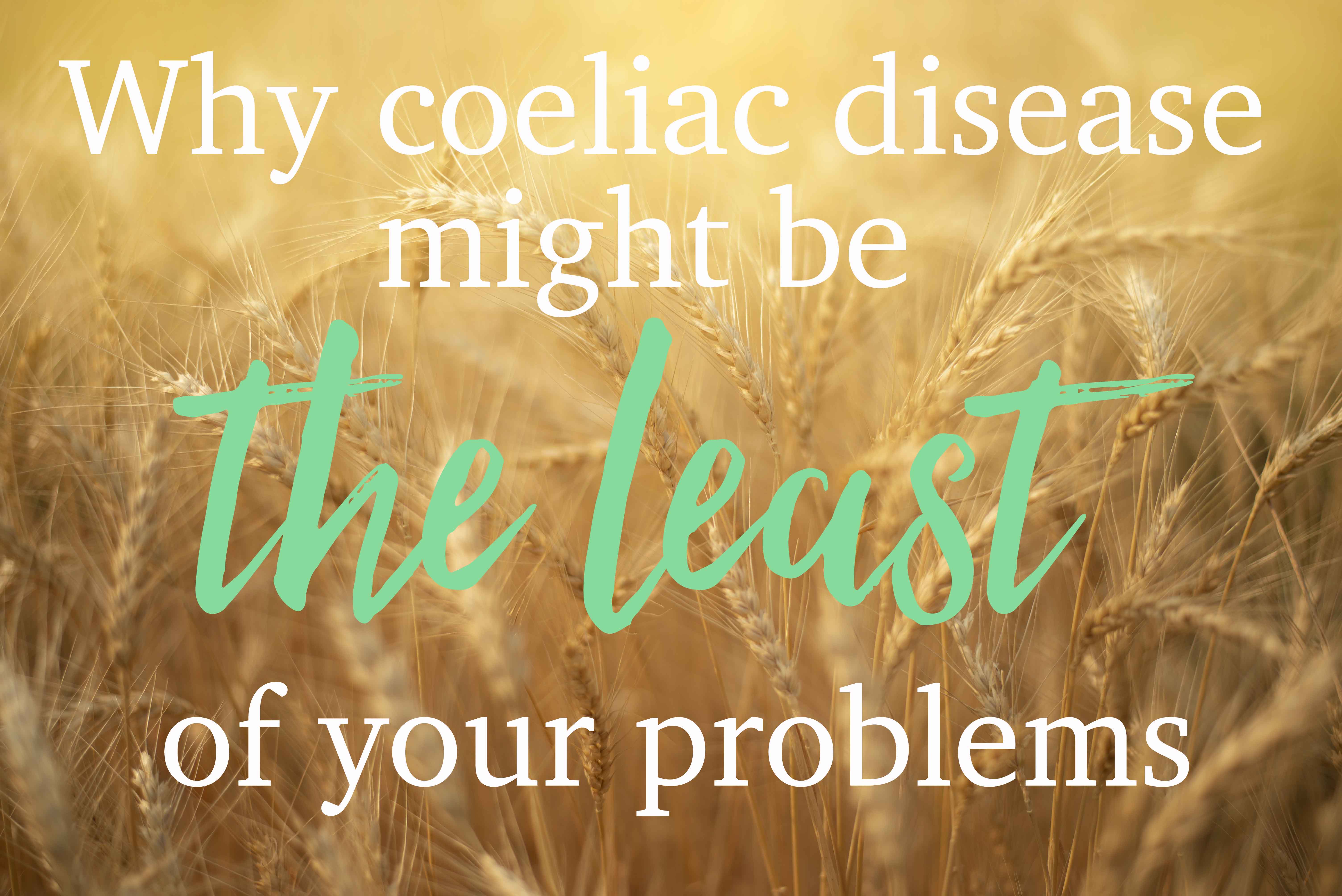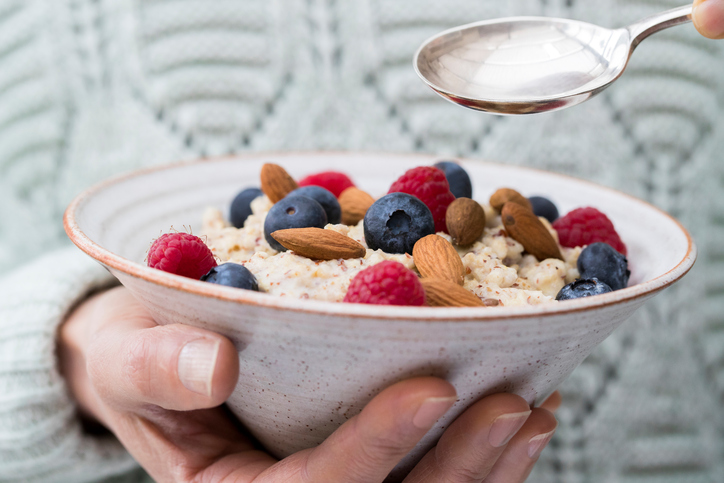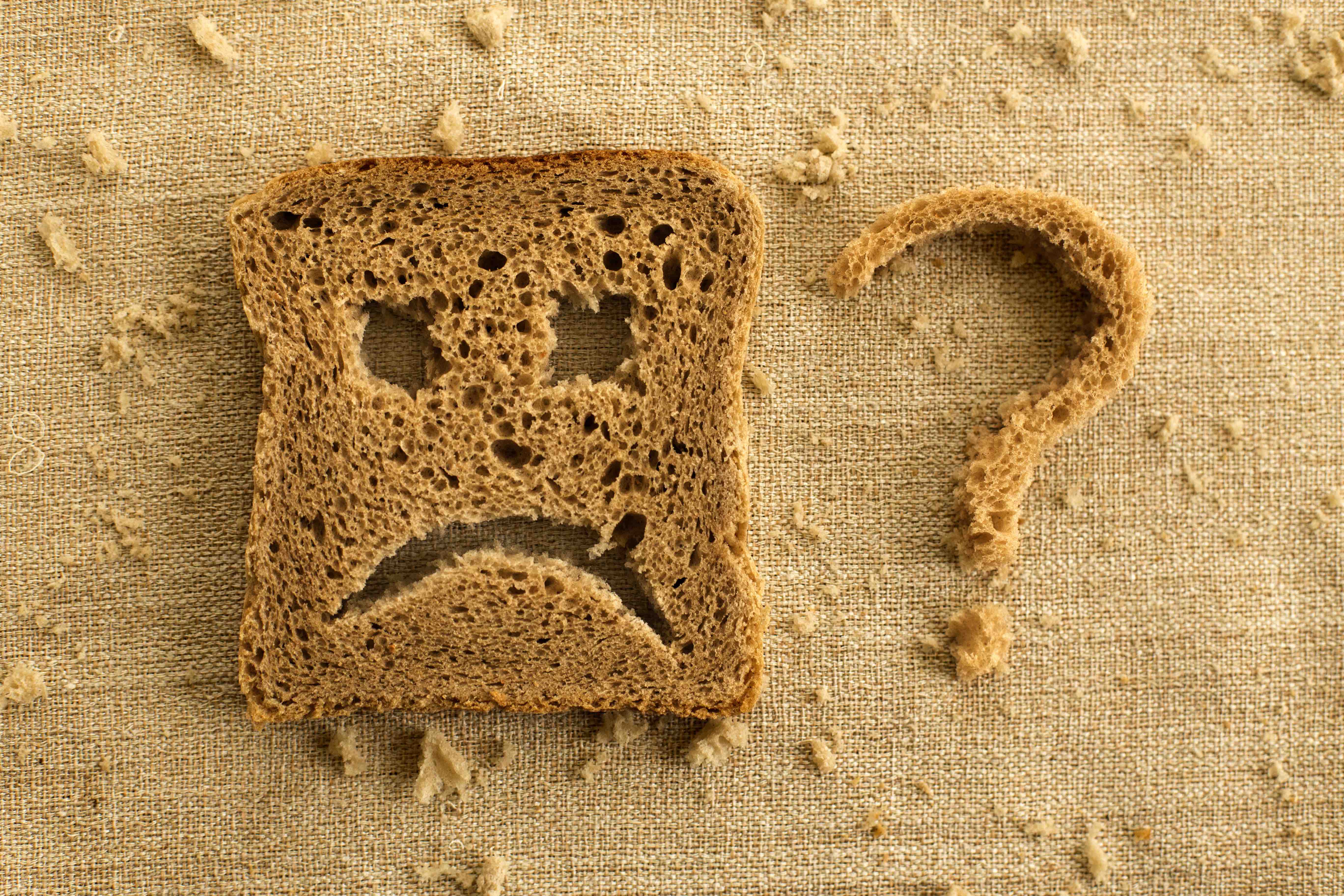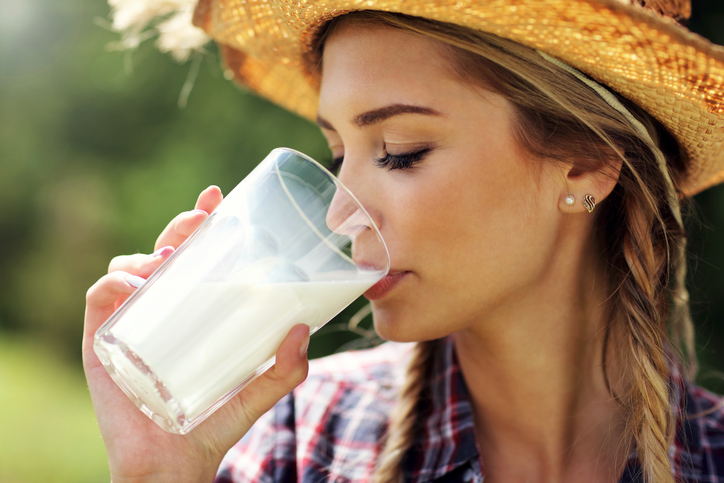Ali Walsh finds the links between coeliac disease and other conditions is not as bad as you may think…

You might think years of undiagnosed coeliac disease as the worst thing anyone could go through. It’s a pattern coeliacs experience time and time again: stomach cramps, chronic diarrhoea, depression and the constant fear of the next bout of pain.
So when I was first diagnosed, I was determined to find out more and discovered that coeliac disease can be associated with other conditions. Rather unwisely, I listened to the rumour-mill and suddenly wondered if there was anything I should be concerned about. Was I about to lose all my hair? Put on ten stone? Get cancer?
So I did a spot of research. I was a little surprised to discover just how many associated conditions there were. Type 1 diabetes I already knew about. But like coeliac disease, I hardly knew anyone who had it. Similarly, I’d heard of osteoporosis, but thought it was for old people – the ones who had hip operations and broken wrists. There were thyroid issues, which I already knew about from a family member and a neighbour. And then there was lactose intolerance. What on earth was lactose?
Learning on the job
The young 20-something in me suddenly acquired a whole new idiolect. There were proteins and villi, enzymes and oestrogen. Learning what lactose was seemed easy by comparison. In case you’re wondering, I settled on forming my own idiot’s guide and decided that lactose meant dairy. That’s not strictly true: it’s a type of sugar mainly found in milk and dairy products, but thinking of it as dairy made it easier for my brain which felt like it was brimming over.
Then I discovered the problem with oats. The one thing I really missed when I was first diagnosed with coeliac disease was a good bowl of porridge. When I was little we made it in the Aga overnight, and in the morning it would be really creamy and smooth. So when gluten-free oats appeared in the shops it was like Christmas had come early. Shortly afterwards, gluten-free biscuits came out with oats in and they tasted amazing.

However. Some coeliacs can’t eat oats because of the presence of avenin, a protein that can mimic the same symptoms as gluten. Going gluten-free seems fairly straightforward by comparison. You’ll go round to a friend’s and they’ll have bought gluten-free oat biscuits especially. You’ll go out to lunch and be given a dessert with toasted oats. Scour the gluten-free aisle for an oat-free snack and you’ll be faced with a choice of bad biscuits or no biscuits.
But it’s not all awful. Most of the time oats are fairly easy to spot. The majority of people don’t cook with them and, as long as you avoid oat milk (most people choose another type), then eating out shouldn’t be too different from only being gluten-free.
But let’s look at some of the most common conditions associated with coeliac disease*. Is the news really that bad?

No need for alarm
Before you rush off thinking you’ll break all your bones, suffer huge weight gain and suddenly need the loo every 5 minutes, just take a moment to breathe and look again at the statistics.
They are, in fact, quite small. Even if you know three people who all have Type 1 diabetes and coeliac disease, they may well be in the same family. Your chances of not having the same issue are over 90%.
The main problem you may have is that coeliac disease should be enough. There are so many difficulties coeliacs face on a daily basis, you may feel cheated if you get anything else. Coeliac disease is manageable. You know what you can eat and, as long as no-one accidentally ‘glutens’ you, you’ll be pain-free, healthy and happy.
That said, it can take a long time to learn how to deal with situations, pre-empting problems and ensuring you don’t go hungry. Most people don’t learn overnight to have an easy coeliac life (if such a thing exists).

Don’t think the worst
Sometimes it’s easy to brush aside problems and cheerfully joke, “It’s only food!” But the fact is, coeliac disease can make the sufferer feel like an outsider, unable to go to parties without taking their own food. We are the awkward customer, the fussy eater, the person friends have to go to a lot of trouble for (not to mention expense).
So if you end up being diagnosed with another condition, or are facing a doctor’s appointment because you’ve started to notice symptoms that are unusual, please don’t think the worst. To have got your coeliac diagnosis is an amazing step forward (even if it doesn’t feel like it). The average coeliac takes 13 years to be diagnosed, so if you’ve managed it any quicker then you’ve done well. Now you have your diagnosis, it may prove easier to get tested and/or taken seriously when you have something else you’re worried about.
The fact is, we aren’t able to say what will happen tomorrow; we aren’t omniscient. However, they say anticipation is the greatest fear. With good luck and a prayer, you’ll stay happy and healthy, even if it does mean taking the odd pill or two.
|
Condition |
Symptoms |
Stats |
The good news |
|
Type 1 diabetes |
Fatigue, feeling thirsty, weight loss, blurred vision, frequent urinating, vomiting |
4-9% |
Being diagnosed first with diabetes means you’re less likely to have other problems |
|
Osteopenia |
Osteopenia may lead to osteoporosis. There are typically no visible symptoms, but the most common effects include fractured or broken bones |
Up to 75% at time of diagnosis |
The earlier you’re diagnosed with |
|
Intolerance to oats |
Similar to symptoms associated with |
5% |
Affects only 1 in 2,000 coeliacs |
|
Autoimmune |
Under-active (weight gain) or over-active (weight loss), eye problems, depression |
1.5-3.8% |
Both conditions usually respond well |
|
Lactose intolerance |
nausea, bloating, diarrhoea |
Not available |
It’s not the same as being unable to have lactose; usually you can tolerate a little and work up to being able to tolerate it properly |
Ali Walsh
 Ali has been a coeliac for 20 years. She started her award-winning business The Local Bakehouse to provide delicious gluten-free cakes and cake decorating courses. Ali also writes a blog giving factual advice, recipes and videos to make life a little bit easier. Find out more at www.thelocalbakehouse.com
Ali has been a coeliac for 20 years. She started her award-winning business The Local Bakehouse to provide delicious gluten-free cakes and cake decorating courses. Ali also writes a blog giving factual advice, recipes and videos to make life a little bit easier. Find out more at www.thelocalbakehouse.com
